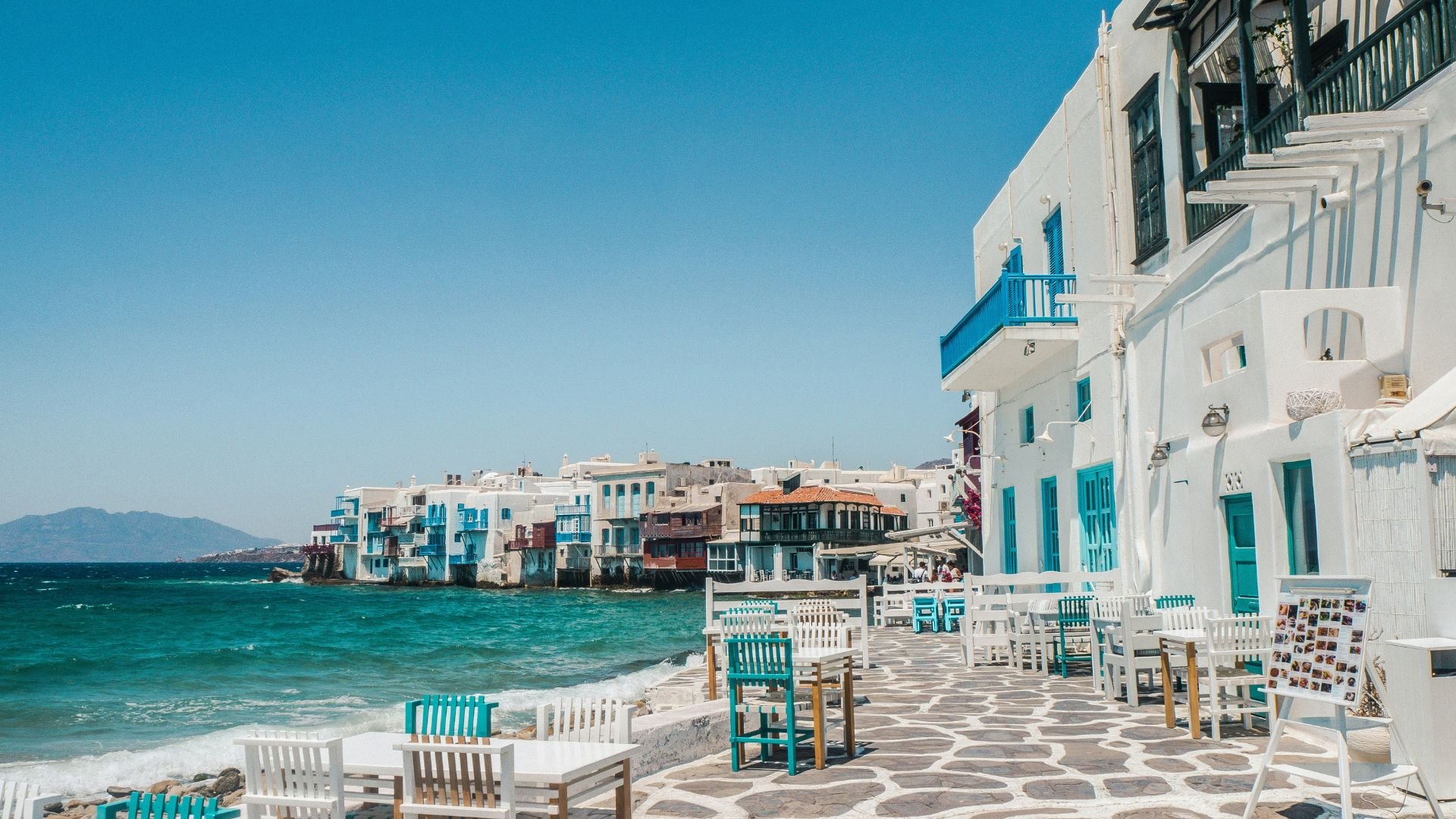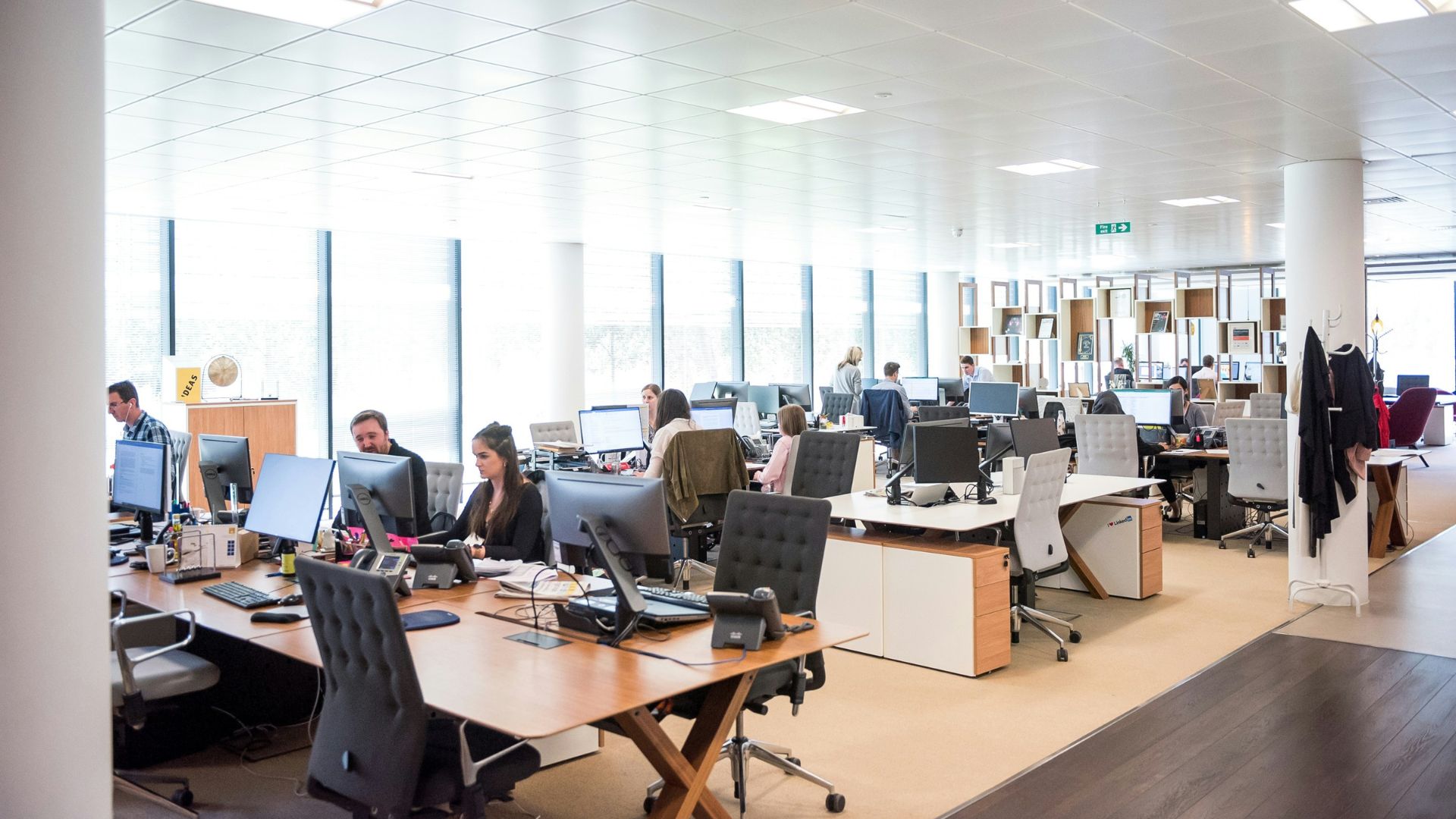Greece Implements a Six-Day Work Week To Boost Productivity Amid a Failing Economy
While many developed countries are transitioning into four-day workweeks, Greece has decided to work their employees even harder with just one day off a week in an attempt to boost the economy.
The legislation took effect this week and will force most businesses that operate 24 hours to schedule their employees for six days a week instead of the standard five. Many labor experts think this move may have the opposite effect in boosting productivity.
Four Day Work Week
The four-day workweek was implemented to help employees work 32 hours per week instead of the standard 40 while keeping benefits and pay the same.

Source: Freepik
Many countries and large organizations worldwide have taken on this model and proven results. Employees tend to work harder and produce the same or better results when posed with more flexibility and free time.
Shorter Working Hours Leads to Better Health Benefits
Although many companies have bemoaned hiring Gen Z employees because of their strict workplace boundaries and desire to leave work at the office, there is some validity to working fewer hours.

Source: Madison Oren/Unsplash
Many experts agree that fewer work hours but time spent clocked in entirely focused on tasks can result in better long-term health outcomes. Spending more time outside, partaking in physical activity, and sharing time with loved ones can all contribute to a longer and healthier life.
New Legislation in Greece
The new legislation in Greece has implemented a new six-day work week for businesses that operate on a 24-hour basis, such as industrial and manufacturing facilities.

Source: Hans Reniers/Unsplash
The regular workweek will bump from 40 hours to 48. Those who do work the extra day will receive a 40% bump in overtime pay. For many young Grecians who struggle to keep up with the high unemployment rate, the additional funds may be worth the trade.
White Collar vs Blue Collar Productivity
The four-day workweek benefits white-collar and office positions that work on a set number of tasks to be completed weekly.

Source: Christopher Burns/Unsplash
On the other hand, manufacturing jobs depend on the constant production of goods; the more hands working at any given time, the higher the output and, therefore, the revenue of a company.
Why Did Greece Push for the Change
Greece’s government hopes that the move will help with labor shortages in the country. It will also ensure that workers will be paid for overtime, helping many struggling locals.

Source: Johnny Africa/Unsplash
Despite the backlash, officials think the boosted productivity will result in better life-satisfaction for residents.
Push Back on the Ruling
Many worker advocates have come out in vocal opposition to the new legislation. Many agree that factories need to be constantly producing in order to generate profit but the new move might create undesired results.

Source: Ant Rozetsky/Unsplash
Many think that the legislation will result in high turnover for overworked employees, burnout, illness, and even death due to accidents on the job caused by tired workers. This fact is especially true for employees who work with their hands in manufacturing or construction.
Working More Is Bad for Employee Health
Malissa Clark, the director of the University of Georgia’s Healthy Work Lab that studies work-life balance, says, “It definitely feels like a step in the wrong direction and shortsighted.”

Source: Remy Gieling/Unsplash
She also noted that among research, it’s widely accepted that long work hours are detrimental to employee health.
Many Americans Look Forward to Shorter Work Weeks
The majority of American workers agree that a four-day, 40-hour workweek could have an overall positive change on their well-being.

Source: Arlington Research/Unsplash
Many US companies that have piloted the program have noted a considerable boost in employee morale and production output due to the increased time away from the office on weekends and flexibility in scheduling.
Millennial Workers Choose More Freedom
In general, Millennial workers often choose more freedom, life satisfaction, and flexibility over promotions and kudos from bosses.

Source: Arlington Research/Unsplash
With reductions in benefits and retirement funds, young workers don’t see the same benefits in putting in additional hours for the company’s profits at the expense of their own well-being.
Many Places Still Favor Six-Day Work Weeks
Many countries in Asia that have intense workplace cultures still promote a six-day work week for both office and manufacturing sectors.

Source: Jezael Melgoza/Unsplash
However, the same countries often score low in life satisfaction and overall happiness.
The Happiest Countries Have Short Work Weeks
Countries like Denmark and Sweden often score extremely high on the life-satisfaction index.

Source: Febiyan/Unsplash
Although both countries have strict laws and high taxes, many residents say that working fewer hours and having most of their basic needs met by the government contribues to their ability to live full and fulfilled lives.
